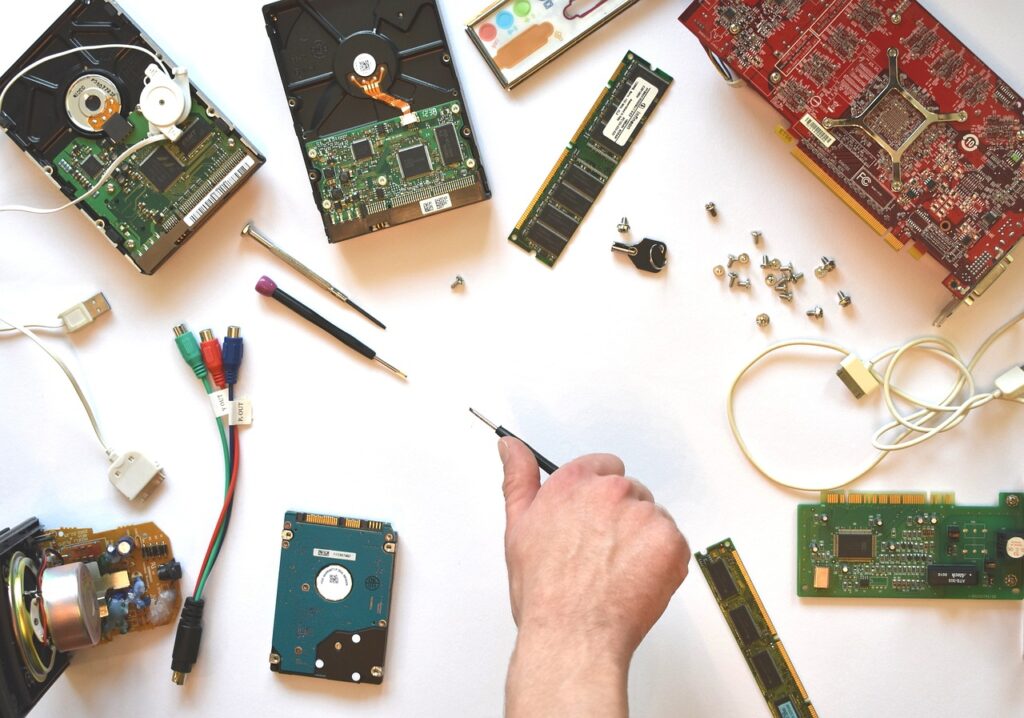DIY vs Professional Repair: A Comprehensive Comparison
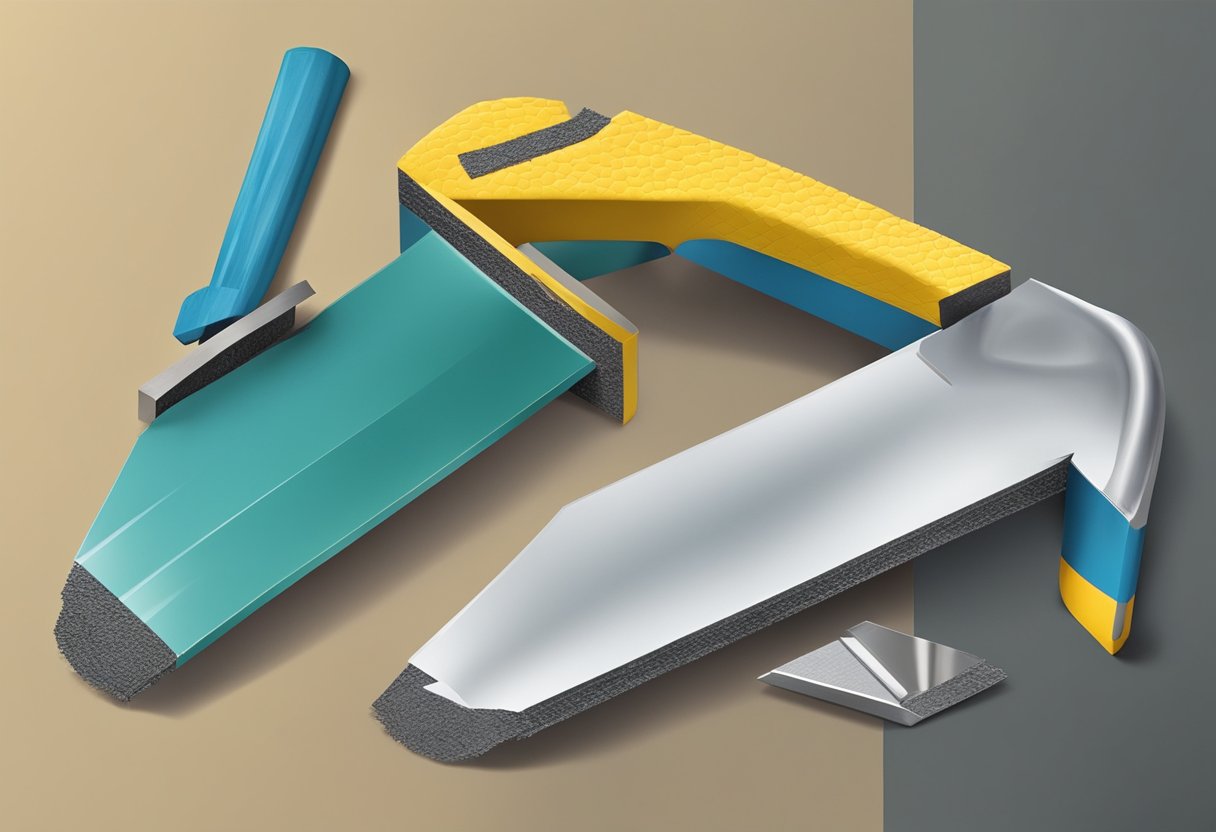
When it comes to car repairs, the question of whether to do it yourself or seek professional help often arises. While DIY repairs can be appealing due to the potential cost savings and the satisfaction of fixing your own vehicle, there are significant differences between the two approaches. On the other hand, professional repairs can provide peace of mind and often come with warranties, but they can also be costly.
One of the main advantages of DIY repairs is the potential cost savings. By doing the repairs yourself, you can avoid labor costs and only pay for parts. Additionally, DIY repairs can be a source of satisfaction and a way to learn new skills. However, it is important to note that DIY repairs can also be time-consuming and may require specialized tools or knowledge. In some cases, attempting a DIY repair can even cause more damage to the vehicle and end up costing more in the long run.
Professional repairs, on the other hand, can provide peace of mind and often come with warranties. By taking your vehicle to a professional mechanic, you can be confident that the repairs are done correctly and safely. Additionally, professional repairs can save time and hassle, as the mechanic will have the necessary tools and expertise to complete the job efficiently. However, professional repairs can be costly and may not be feasible for every repair. It is important to weigh the cost and benefits of each approach before making a decision.
Understanding DIY and Professional Repair
https://www.youtube.com/watch?v=n0DppdxV-vA&embed=true
When it comes to home repairs, homeowners often face the decision of whether to tackle the job themselves or hire a professional. DIY repairs can be a cost-effective option, but they require some level of expertise and experience. On the other hand, professional repairs come with a higher price tag, but they provide a level of expertise and experience that many homeowners lack.
DIY repairs require the homeowner to have some level of DIY knowledge. This knowledge can be gained through researching online or through experience. DIY repairs can be a great way to save money, but they can also lead to costly mistakes if the homeowner does not have the necessary expertise. It is important to assess the complexity of the repair and the homeowner’s skill level before attempting a DIY project.
Professional repairs, on the other hand, provide a level of expertise and experience that many homeowners lack. Professionals have the necessary knowledge and tools to complete repairs quickly and efficiently. They also have the experience to identify the root cause of the problem and fix it properly the first time, preventing future issues that could end up costing the homeowner more money in the end.
In summary, DIY repairs can be a cost-effective option for homeowners with the necessary expertise and experience. Professional repairs provide a level of expertise and experience that many homeowners lack, but come with a higher price tag. It is important to assess the complexity of the repair and the homeowner’s skill level before deciding whether to tackle the job themselves or hire a professional.
Cost Analysis: DIY vs Professional Repair
https://www.youtube.com/watch?v=weTsUYj0FXI&embed=true
When it comes to repairing appliances or household items, one of the main factors to consider is the cost. While DIY repairs may seem like a cost-effective option, it’s important to weigh the potential cost savings against the potential risks and expenses.
DIY Repair Costs
DIY repairs can be significantly cheaper than hiring a professional. In most cases, the only costs associated with DIY repairs are the cost of any necessary parts and tools. However, it’s important to keep in mind that DIY repairs can be time-consuming and may require multiple attempts before the repair is successful.
Professional Repair Costs
Hiring a professional for repairs can be more expensive than DIY repairs. In addition to the cost of parts and labor, there may be additional fees for travel and diagnostic services. However, professional repairs are typically completed more quickly and with a higher degree of accuracy than DIY repairs.
Potential Cost Savings
While DIY repairs may be cheaper upfront, they can potentially cost more in the long run. If a DIY repair is not done correctly, it may cause further damage to the appliance or household item, resulting in additional repair costs. Additionally, attempting a DIY repair on an appliance that is still under warranty may void that warranty, resulting in additional costs if something goes wrong.
Cost Considerations
When deciding between DIY and professional repairs, it’s important to consider the potential costs and benefits of each option. DIY repairs may be a good option for simple repairs that don’t require specialized knowledge or tools. However, for more complex repairs or repairs that involve electrical or gas components, it may be best to hire a professional to avoid safety hazards.
Conclusion
Overall, the decision to choose between DIY and professional repairs largely depends on the complexity of the issue, the potential risks involved, and the skills and knowledge of the individual attempting the repair. While DIY repairs may be a cost-effective option for some, it’s important to weigh the potential cost savings against the potential risks and expenses.
Safety Considerations
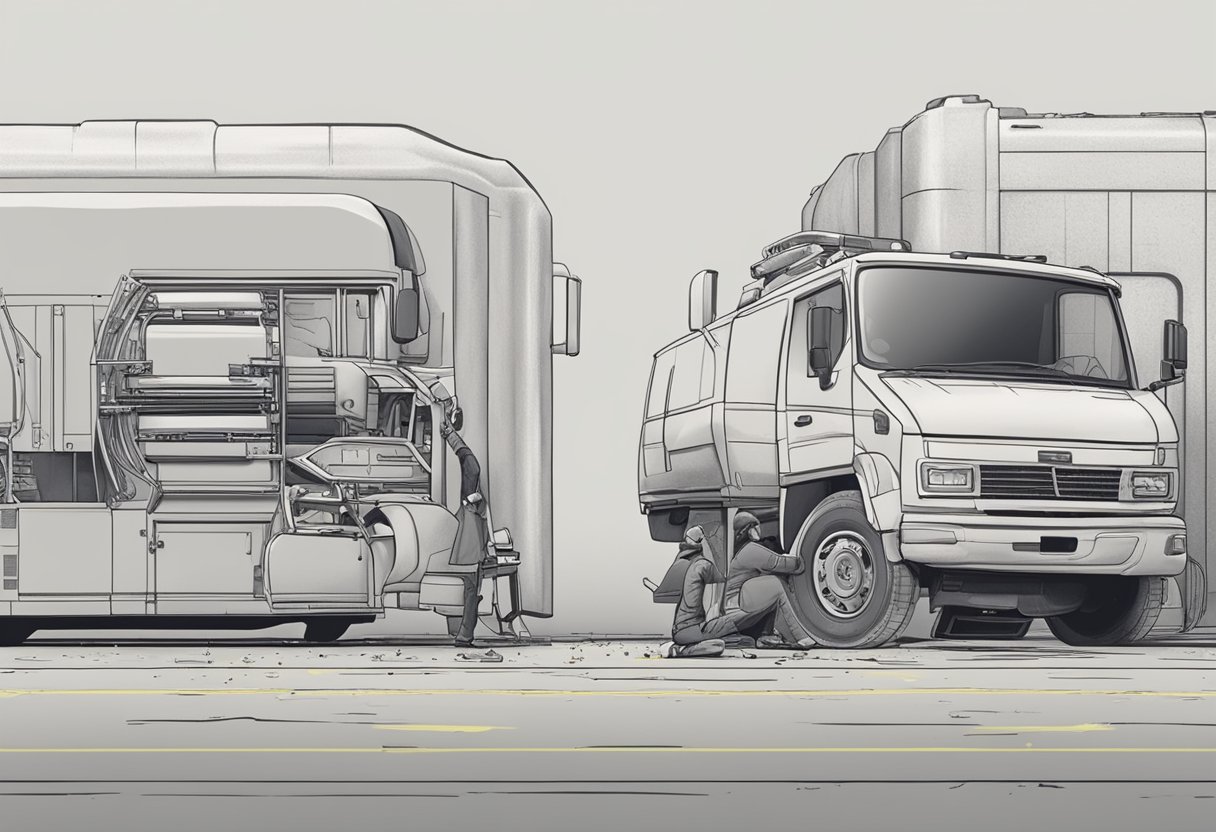
When it comes to DIY vs professional repairs, safety should be a top priority for both options. DIY repairs may seem appealing due to the potential cost savings, but it’s crucial to assess the risks involved. Appliances, roofs, and water damage repairs all have their unique safety concerns, and it’s essential to understand them before proceeding with any repairs.
For example, working on a roof without proper safety equipment can be hazardous for inexperienced individuals. Roofing professionals are trained to work safely at heights and have the necessary safety equipment to do so. On the other hand, DIY enthusiasts may not have the proper equipment or training, which can lead to serious accidents.
Similarly, appliances such as refrigerators, ovens, and washing machines have intricate electrical systems that can pose hazards if mishandled. It’s crucial to turn off the power supply and unplug the appliance before attempting any repairs. Additionally, it’s essential to wear protective gear such as gloves and goggles to prevent physical harm.
Water damage repairs also have their unique safety concerns. Mold growth is a common issue after water damage, and exposure to mold can cause respiratory problems and other health issues. It’s crucial to wear protective gear such as masks and gloves when dealing with mold.
In summary, safety should always be a top priority when it comes to DIY vs professional repairs. Both options have their unique safety concerns, and it’s essential to understand and mitigate them before proceeding with any repairs.
Quality of Work and Materials Used
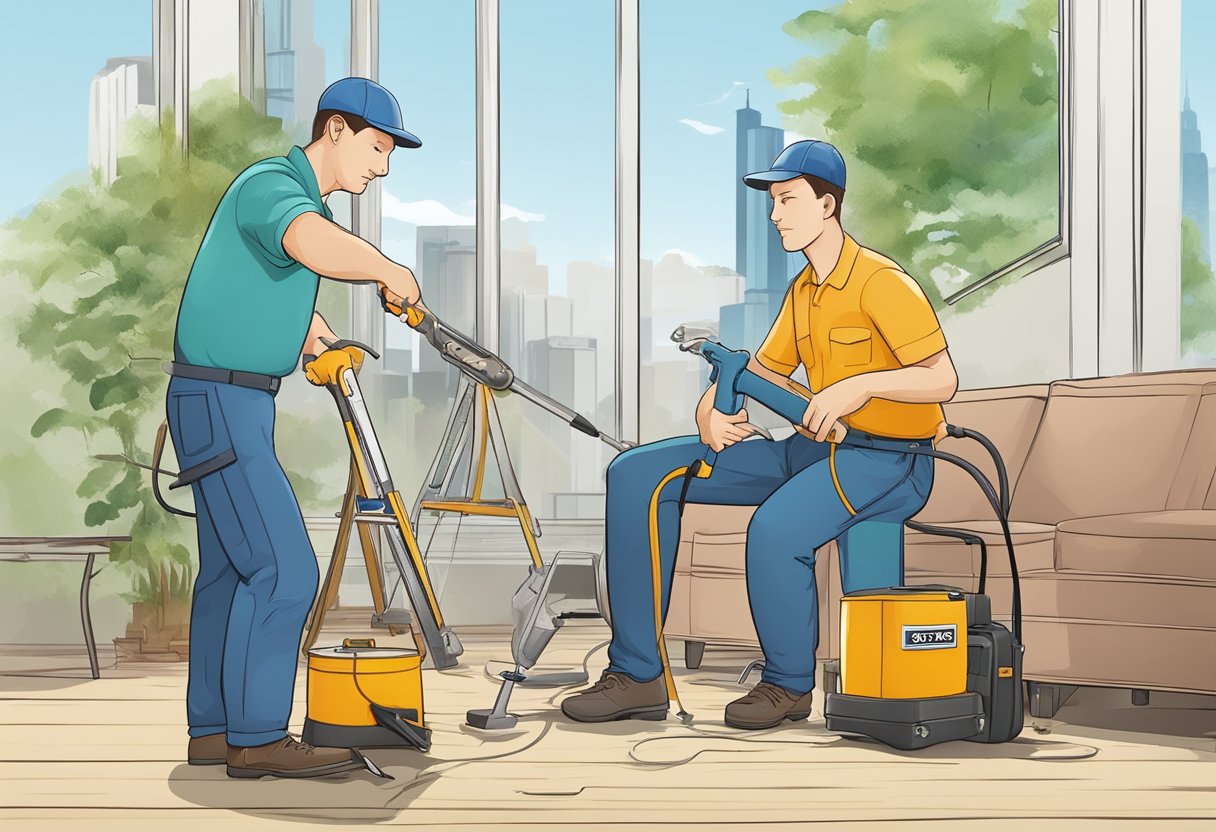
When it comes to DIY vs professional repair, the quality of work and materials used is a crucial factor to consider. Professional contractors have the expertise and experience to ensure that the job is done right the first time, using high-quality materials that are designed to last. DIY repairs may be cheaper in the short term, but they may not be as effective in the long run.
One of the main advantages of hiring a professional roofing contractor is that they have access to a wider range of roofing materials, including metal panels and tiles. These materials are often more durable and long-lasting than traditional roofing materials, such as asphalt shingles. Additionally, professional contractors have the knowledge and expertise to ensure that these materials are installed correctly, which can help to extend their lifespan.
When it comes to repairing a damaged roof, the quality of work is also important. Professional contractors have the necessary tools and equipment to ensure that the repair is done correctly, which can help to prevent further damage to the roof. They also have the experience to identify underlying issues that may be contributing to the damage, such as poor ventilation or insulation.
In contrast, DIY repairs may not be as effective, particularly if the homeowner does not have the necessary skills or equipment to complete the repair properly. Additionally, DIY repairs may be more prone to mistakes, which can lead to further damage or even injury.
In summary, when it comes to DIY vs professional repair, the quality of work and materials used is an important consideration. While DIY repairs may be cheaper in the short term, they may not be as effective or long-lasting as professional repairs. Professional contractors have the expertise, experience, and access to high-quality materials to ensure that the job is done right the first time.
Planning and Time Commitment
https://www.youtube.com/watch?v=DPvcjhFrDBI&embed=true
When it comes to planning and time commitment, there are several factors to consider when deciding between DIY or hiring a professional for home improvement projects. DIY projects require careful planning and research before starting the project. This includes determining the scope of the project, creating a timeline, and making sure that all necessary materials and tools are available.
On the other hand, hiring a professional for home renovation projects can save time and effort. Professionals have the experience and expertise to plan and execute the project efficiently. They also have access to specialized tools and materials that may not be available to the average homeowner.
In terms of flexibility, DIY projects offer more flexibility in terms of scheduling and timeline. Homeowners can work on the project at their own pace and adjust the timeline as needed. However, this can also lead to delays if unexpected issues arise during the project.
When it comes to water damage, it is important to act quickly to prevent further damage. DIY repairs may take longer, especially if the homeowner is not experienced in water damage restoration. Hiring a professional can ensure that the repairs are done quickly and efficiently, reducing the risk of further damage.
Overall, the decision to DIY or hire a professional for home improvement projects depends on the homeowner’s level of experience, the scope of the project, and the time commitment required. It is important to carefully consider these factors before making a decision.
Professional Expertise and Equipment
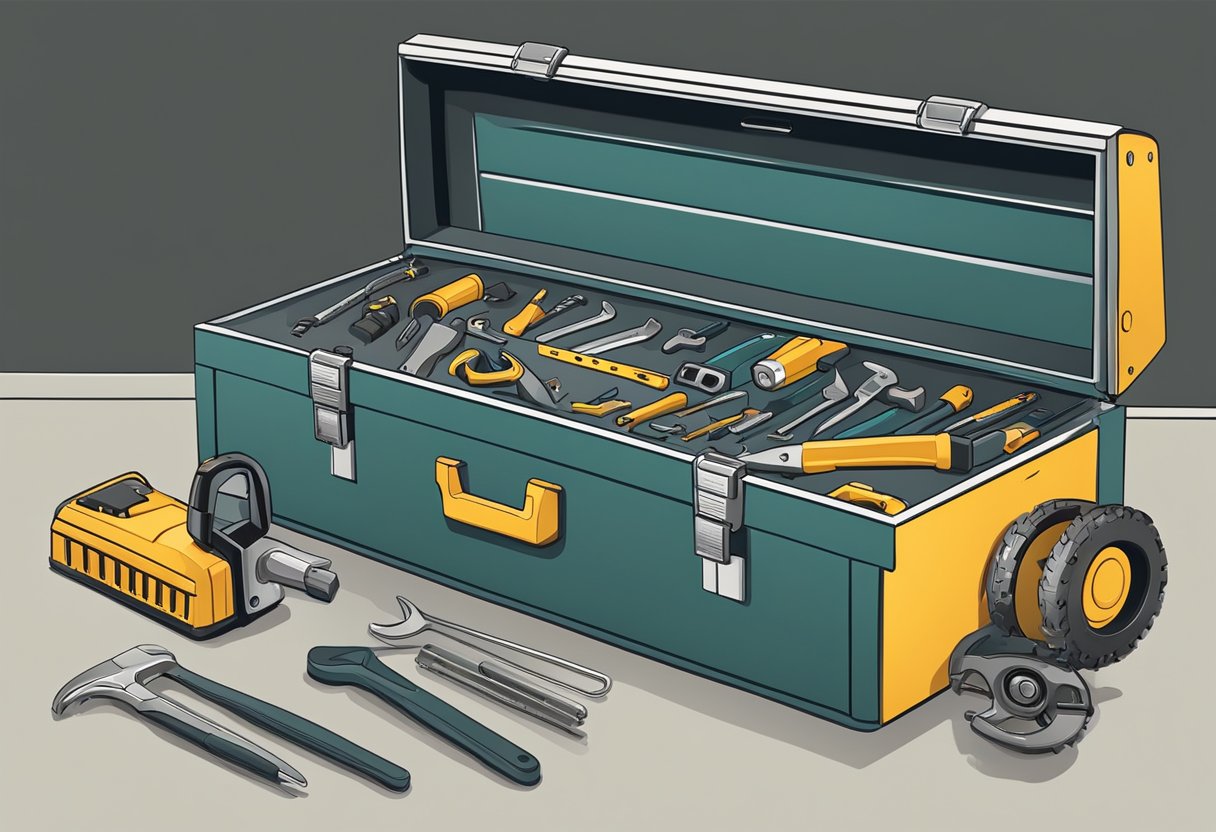
When it comes to repairing complex and safety-critical components, professional expertise and equipment are crucial. Professional contractors have specialized tools and extensive training that enable them to diagnose and address various issues with precision and accuracy. They also have access to the latest technology and equipment that allow them to perform repairs efficiently and effectively.
For example, professional roofers have the necessary equipment, such as safety harnesses, ladders, and roofing materials, to perform repairs safely and efficiently. They are also trained to identify potential hazards and take appropriate safety precautions to prevent accidents. Additionally, they have the expertise to diagnose and repair various roofing issues, such as leaks, cracks, and storm damage.
Professional auto mechanics also have specialized tools and equipment that enable them to diagnose and repair complex issues efficiently. They have access to diagnostic equipment that can identify problems with various systems, such as the engine, transmission, and brakes. They also have the expertise to repair safety-critical components, such as airbags and seat belts, which require specialized training and equipment.
In addition to their specialized tools and equipment, professional contractors also specialize in specific areas. For example, a professional auto mechanic may specialize in electrical systems, while a professional roofer may specialize in metal roofing. This specialization allows them to provide expert advice and solutions for specific issues, ensuring that repairs are done correctly and efficiently.
Overall, professional expertise and equipment are essential for repairing complex and safety-critical components. Professional contractors have the specialized tools, extensive training, and expertise to diagnose and repair various issues efficiently and effectively.
When to DIY and When to Hire a Professional
https://www.youtube.com/watch?v=pEeutKYVsUc&embed=true
When it comes to home repairs, deciding whether to DIY or hire a professional can be a daunting task. Some repairs are simple enough to handle on your own, while others require the expertise of a professional. Making the wrong decision can lead to costly mistakes and even safety hazards. Here are some factors to consider when deciding whether to DIY or hire a professional:
When to DIY
DIY repairs can save you money and give you a sense of accomplishment. However, not all repairs are suitable for DIY. Here are some instances where DIY repairs may be appropriate:
- Minor repairs: Simple repairs such as replacing a light fixture or fixing a leaking faucet can be easily handled by a homeowner with basic tools.
- Low-risk repairs: Repairs that do not pose a safety risk can be tackled by a homeowner. For example, painting a room or installing new flooring can be done by a homeowner with some experience.
- Cost-effective repairs: If the cost of hiring a professional outweighs the cost of the repair, DIY may be the better option. For example, cleaning gutters or replacing air filters can be done by a homeowner without professional help.
When to Hire a Professional
While DIY repairs can save money, some repairs require the expertise of a professional. Here are some instances where hiring a professional may be appropriate:
- Complex repairs: Repairs that require specialized knowledge or equipment are best left to professionals. For example, electrical work or plumbing repairs should be handled by licensed professionals.
- High-risk repairs: Repairs that pose a safety risk should be handled by a professional. For example, repairing a roof or removing mold should be done by a professional with experience in the field.
- Warranty: If a repair is covered under warranty, it is best to hire a professional to ensure the warranty is not voided. For example, if a roof repair is covered under warranty, it is best to hire a licensed roofing contractor to ensure the warranty remains valid.
- Trustworthy: If a homeowner does not have experience with a particular repair, it is best to hire a professional to avoid mistakes. It is important to hire a trustworthy professional who is licensed and insured.
Conclusion
Deciding whether to DIY or hire a professional can be a difficult decision. Homeowners should consider the complexity of the repair, the safety risk, and the cost-effectiveness of the repair before deciding to DIY or hire a professional. It is important to remember that mistakes made during DIY repairs can be costly and even dangerous, so it is best to hire a professional for complex or high-risk repairs.
Legal and Insurance Implications
https://www.youtube.com/watch?v=o9owZdJl5hU&embed=true
When it comes to DIY repairs, homeowners need to be aware of the legal and insurance implications. In some cases, DIY repairs may void the warranty on a product or appliance, leaving the homeowner responsible for any future issues. Additionally, if a DIY repair is not done correctly, it can cause damage to the home, which may not be covered by insurance.
On the other hand, professional repairs come with warranties, providing peace of mind for homeowners. Reputable professionals often offer guarantees on their work, ensuring that any future issues will be taken care of.
Another important consideration is permits. Some repairs or renovations require permits from the local government. If a homeowner does not obtain the necessary permits, they may face fines or legal action. Professional contractors are typically familiar with the permit process and can help homeowners navigate it.
Insurance is also a critical consideration. If a homeowner attempts a DIY repair and causes damage to their home, their insurance company may not cover the cost of repairs. However, if a professional contractor causes damage, their insurance will typically cover the cost of repairs.
In summary, DIY repairs can be a cost-effective option, but homeowners should be aware of the legal and insurance implications. Professional repairs come with warranties, guarantees, and insurance, providing peace of mind for homeowners. Additionally, professional contractors are familiar with the permit process, ensuring that homeowners are in compliance with local regulations.
Conclusion
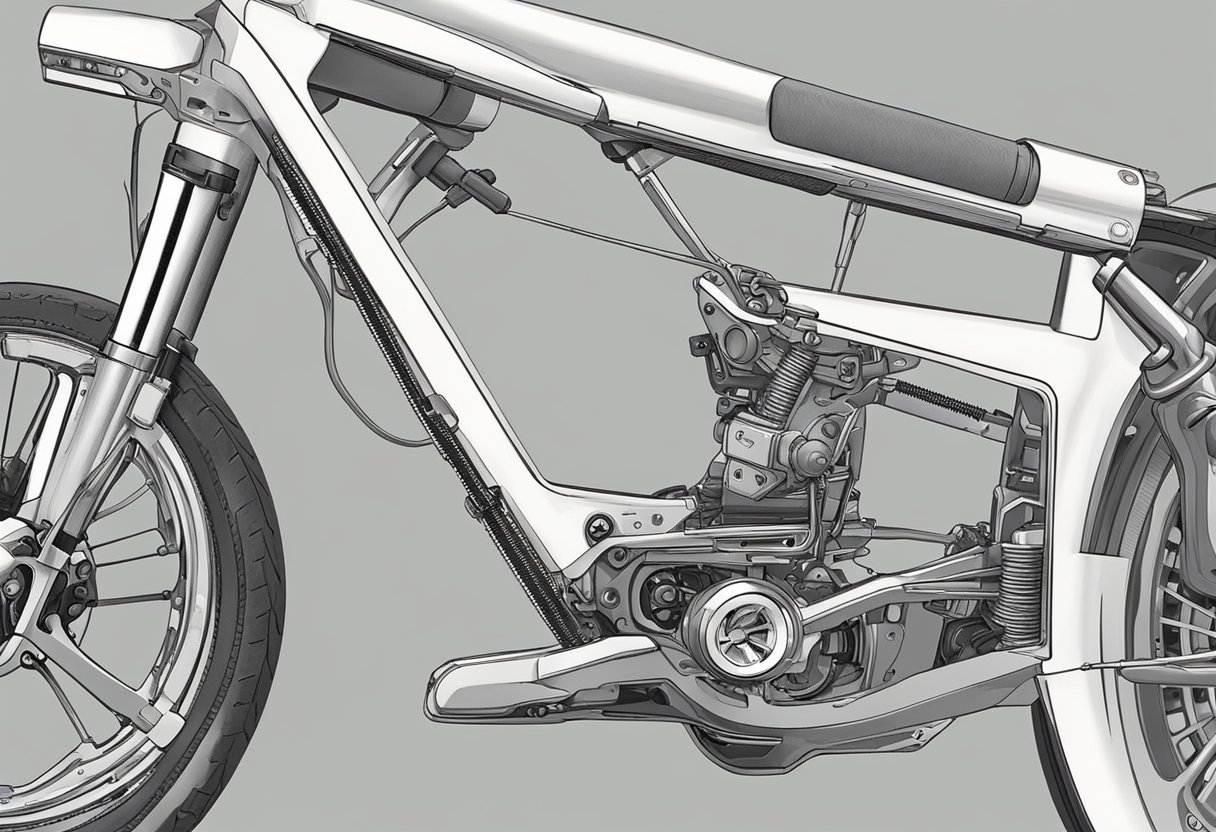
In conclusion, the decision to opt for DIY or professional repair depends on various factors, including the complexity of the repair, one’s level of expertise, budget, and the desired quality of workmanship.
For minor repairs, such as changing a flat tire or replacing a burnt-out headlight, DIY can be a cost-effective and satisfying option. However, for complex repairs involving intricate systems, delicate electronics, or extensive disassembly, it’s usually best to leave it to the professionals.
Professional repair also provides peace of mind, as the work is guaranteed and backed by the expertise of trained and certified mechanics. Additionally, professional repair shops have the necessary tools, equipment, and resources to tackle even the most challenging repairs.
When it comes to home repairs, such as painting or replacing roofs, DIY can be a viable option for those with the necessary skills and experience. However, for complex repairs that require specialized knowledge or equipment, it’s best to hire a professional.
For garage door repairs, the DIY approach can be cost-effective and straightforward for minor issues such as lubrication or tightening bolts. However, for complex repairs such as replacing springs or cables, it’s best to hire a professional for safety reasons.
In summary, both DIY and professional repair have their advantages and disadvantages, and the choice ultimately depends on the specific repair at hand, one’s skills and experience, and budget.
Frequently Asked Questions

What are the advantages of hiring a professional for repair?
Hiring a professional for repair has several advantages. First, they have the knowledge, skills, and experience to diagnose and fix problems correctly. They have access to specialized tools and equipment, and they can get the job done faster and more efficiently. Second, professional repairs often come with warranties or guarantees, giving you peace of mind and protecting you from unexpected expenses. Finally, professionals can provide advice and recommendations on how to prevent future problems and maintain your vehicle or equipment.
How does the cost of professional repair compare to DIY?
The cost of professional repair can vary depending on the type and complexity of the repair, as well as your location and the experience of the professional. In general, professional repair may be more expensive than DIY repair, but it can also save you money in the long run by preventing further damage or avoiding costly mistakes. DIY repair may seem cheaper at first, but if you make a mistake or fail to fix the problem correctly, it can end up costing you more in repairs or replacement parts.
What are the risks of DIY repair?
DIY repair can be risky if you don’t have the knowledge, skills, or experience to do the job correctly. You may accidentally damage your equipment or vehicle, causing further problems or even endangering yourself or others. You may also void your warranty or insurance coverage, leaving you with no protection in case of a problem. Finally, DIY repair can take longer and be more frustrating than professional repair, especially if you encounter unexpected problems or complications.
What are the benefits of DIY repair?
DIY repair has several benefits, including cost savings, a sense of accomplishment, and the ability to customize or modify your equipment or vehicle. You can also learn new skills and gain a better understanding of how your equipment or vehicle works. DIY repair can be a fun and rewarding hobby, and it can save you money if you have the knowledge and experience to do the job correctly.
When should you consider DIY repair?
You should consider DIY repair when the repair is simple, straightforward, and within your knowledge and skill level. You should also consider DIY repair if you have the time, tools, and resources to do the job correctly and safely. Finally, you should consider DIY repair if you enjoy the challenge and want to learn new skills.
How do you determine if a repair is beyond your DIY capabilities?
You should determine if a repair is beyond your DIY capabilities by evaluating your knowledge, skills, and experience, as well as the complexity and risk of the repair. If you are unsure or feel uncomfortable, it is better to hire a professional to do the job correctly and safely. You should also consider the cost and time involved in the repair, as well as your own personal preferences and priorities.

